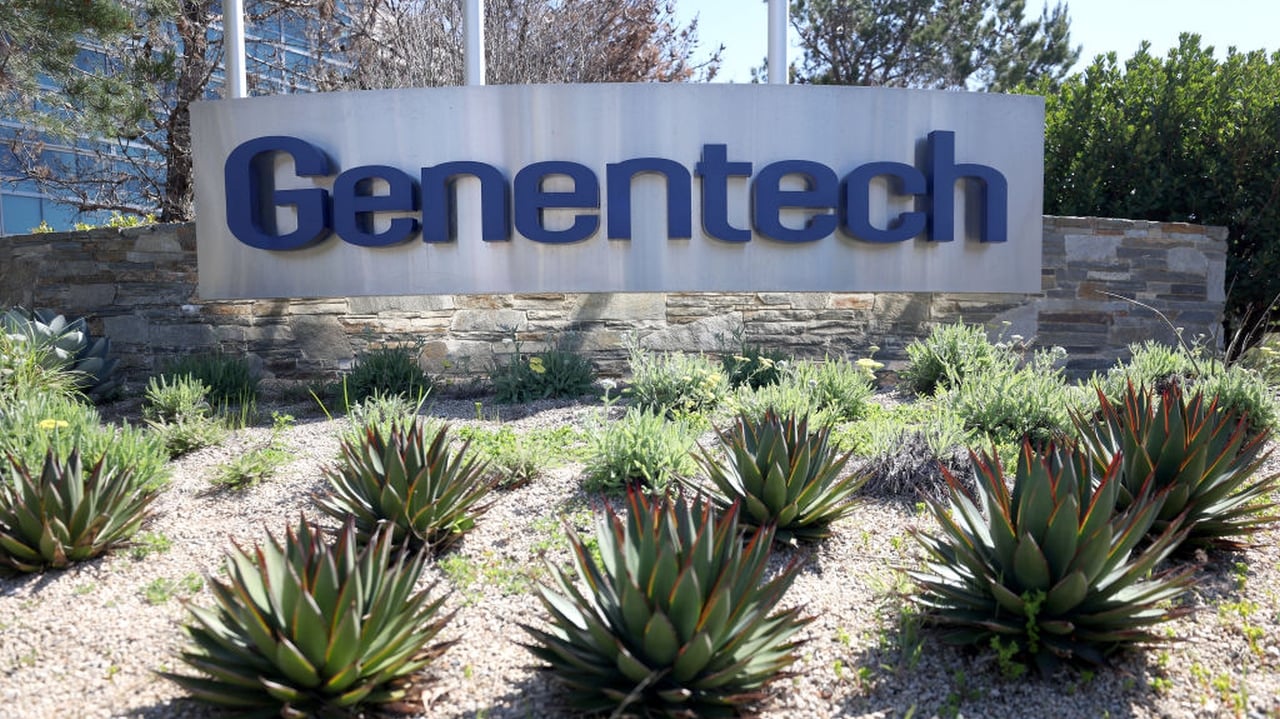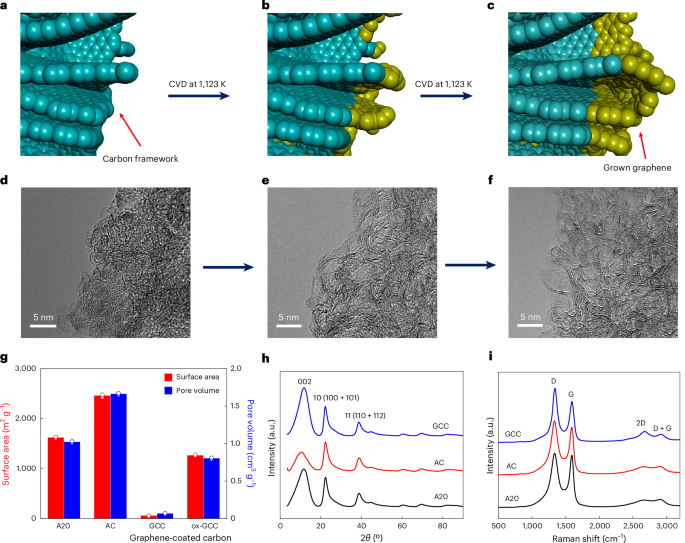The Role of Taxes in the Rise of ETFs
The growing popularity of Exchange-Traded Funds (ETFs) among long-term investors is, to a large extent, driven by their fee and tax efficiencies. Leveraging their unique security design, ETFs achieve their tax efficiency through the in-kind redemption process and the use of heartbeat trades, by offloading low-basis stocks without triggering a taxable event, pursuant to the […]

Rabih Moussawi is a Professor of Finance at Villanova University, Ke Shen is an Assistant Professor of Finance at Lehigh University, and Raisa Velthuis is an Associate Professor of Finance at Villanova University. This post is based on their recent paper.
The growing popularity of Exchange-Traded Funds (ETFs) among long-term investors is, to a large extent, driven by their fee and tax efficiencies. Leveraging their unique security design, ETFs achieve their tax efficiency through the in-kind redemption process and the use of heartbeat trades, by offloading low-basis stocks without triggering a taxable event, pursuant to the exemption provided by Section 852(b)(6) of the U.S. Internal Revenue Code. The ETF tax efficiency is particularly appealing to high-net-worth individuals and other tax-sensitive investors. Our paper provides novel evidence underscoring the importance of the in-kind redemption exemption in realizing ETFs’ superior tax efficiency and pinpoints the resulting tax-driven investor migration from mutual funds to ETFs by focusing on the behavior of investment advisers that manage the assets of high-net-worth individuals.
ETFs are hardwired to take advantage of Section 852(b)(6), which exempts the distribution of capital gains when the appreciated shares are handed “in kind” to redeeming investors. Therefore, ETFs are inherently tax efficient because redemptions are generally made “in kind” with authorized participants, thereby avoiding capital gains distributions and their tax consequences for taxable investors. In contrast, mutual funds, absent the layer of authorized participants, typically engage in “cash” transactions to meet investor redemptions. Because in-kind redemptions are much costlier for mutual fund investors and are only possible for redemption transactions above $250,000, mutual funds have historically made little use of the in-kind redemption exemption.
























































































![The F-35’s future: The power and cooling competition that could change everything [Video]](https://breakingdefense.com/wp-content/uploads/sites/3/2024/09/240924_F35_moon_USAF-scaled-e1727200160419.jpg?#)



























































